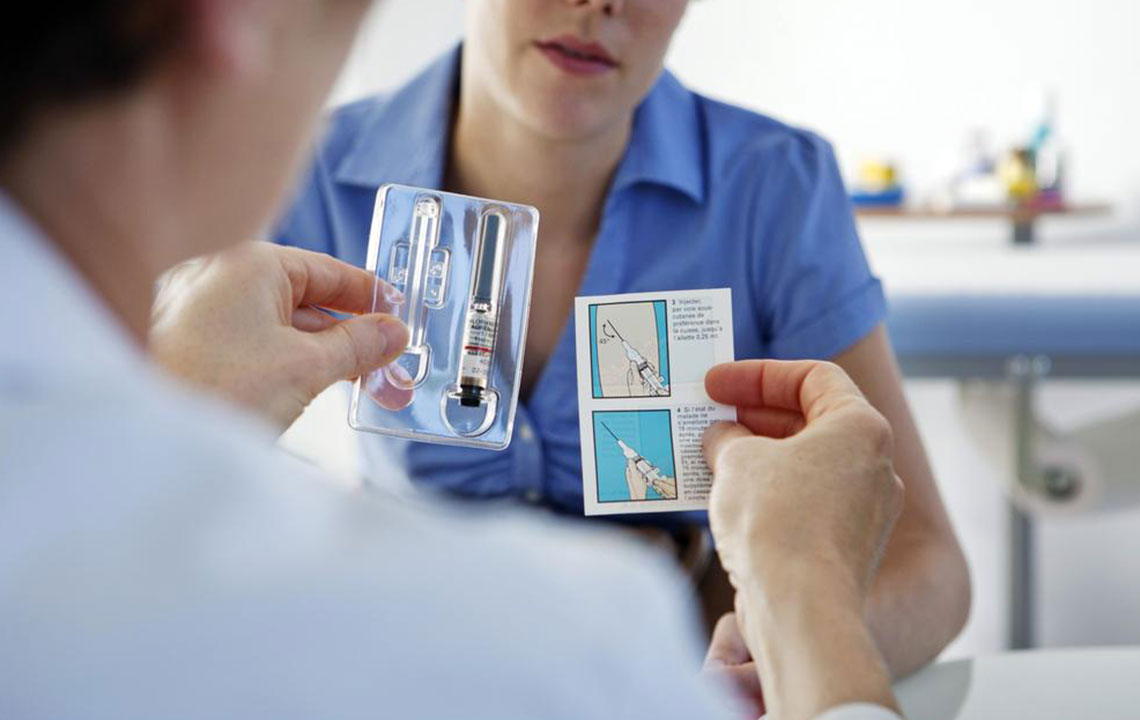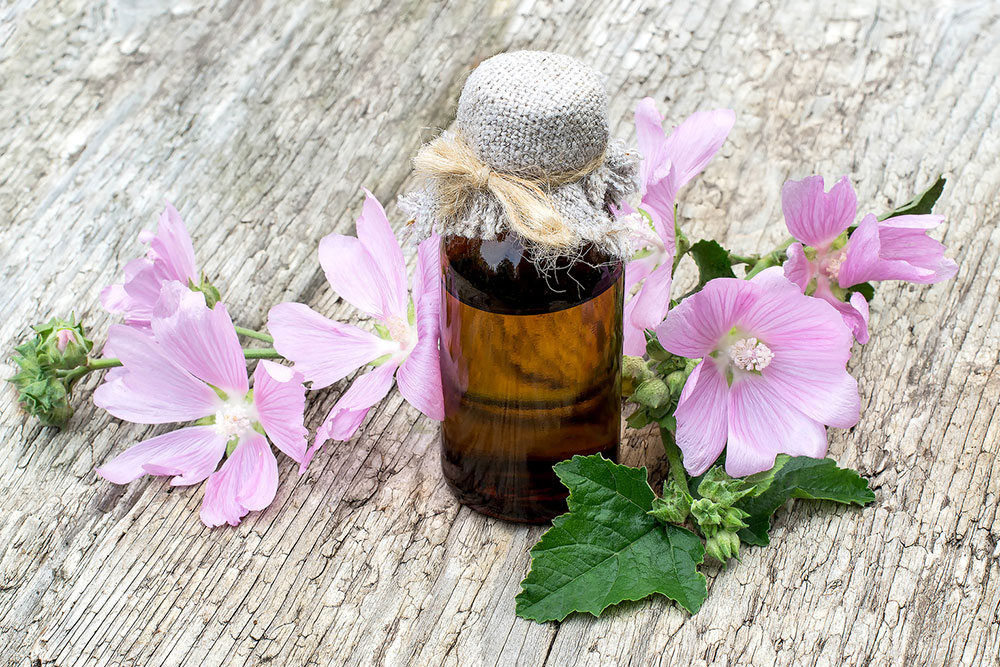Effective Approaches to Managing Psoriasis Symptoms
Discover effective strategies for managing psoriasis, including medical treatments like biologics, phototherapy, and natural remedies such as sea salt baths, cayenne pepper, and fish oil. Learn how tailored approaches can improve quality of life, with guidance on therapy options for different severity levels and lifestyle modifications for relief.

Strategies for Successful Psoriasis Management
Psoriasis is a long-term skin condition marked by red, flaky patches that can be dry and fragile. Although there’s no cure, symptoms can be managed effectively with various treatments. Dermatologists, rheumatologists, or immunologists may be involved for personalized care plans. Management methods include both medical therapies and natural approaches, tailored to the type and severity of psoriasis, as well as individual patient factors.
Medical Treatment Options for Psoriasis
Options include biologic therapies, systemic medications, topical agents, laser treatments, and ultraviolet light therapy. The selection depends on disease severity, patient age, and progression.
Biologic Drugs: These injections or infusions target specific immune pathways driving psoriasis. Although expensive, biologics provide significant relief for moderate to severe cases by slowing skin cell proliferation. They are often recommended for pronounced symptoms.
Oral Treatments: Medications like cyclosporine and methotrexate affect immune function but require monitoring due to potential side effects. Newer options like Otezla modulate immune molecules, offering a safer profile despite higher costs.
Topical remedies such as corticosteroids, vitamin D analogs, and tar preparations are typically used for mild cases or combined with systemic therapies for more extensive psoriasis, applied directly to affected skin areas.
Laser therapies, including pulsed dye and excimer lasers, utilize concentrated light to target psoriasis plaques. Excimer lasers deliver UVB-like light for healing, while pulsed dye lasers aim to reduce blood vessels feeding lesions. These are suitable for mild to moderate psoriasis but less practical for widespread disease due to limited coverage.
Phototherapy involves controlled UV light exposure over large skin regions, especially beneficial for severe psoriasis. Narrow-band UVB is commonly used, effectively relieving symptoms with minimal risks. It can be combined with medications but requires caution due to skin cancer risks with long-term exposure.
Natural Methods to Alleviate Psoriasis
Many prefer natural solutions to minimize medication side effects. Lifestyle changes and holistic treatments can help manage symptoms. Here are some popular natural options:
Cayenne Pepper: Contains capsaicin, which helps reduce pain and itching. Topical creams can lessen lesions and discomfort by creating a burning sensation that alleviates skin irritation.
Sea Salt Baths: Soaking in baths with Dead Sea salts or oatmeal can soothe itching and scale buildup. Soak for around 15 minutes, then seal in moisture with moisturizer. While helpful, these may be less potent than targeted remedies.
Fish Oil Supplements: Consuming 1.8 to 3.6 grams daily may decrease inflammation and mild symptoms of psoriasis due to their anti-inflammatory properties.
Aloe Vera: While topical application offers limited effects, some studies suggest it can help manage certain psoriasis symptoms when applied directly to the skin.
Note: Our website offers general information across various topics. While we strive to provide helpful insights, this content does not substitute professional medical advice. Always consult qualified healthcare providers for diagnosis and personalized treatment options. We are not responsible for third-party information accuracy or completeness, nor for treatments more suitable for individual cases.


